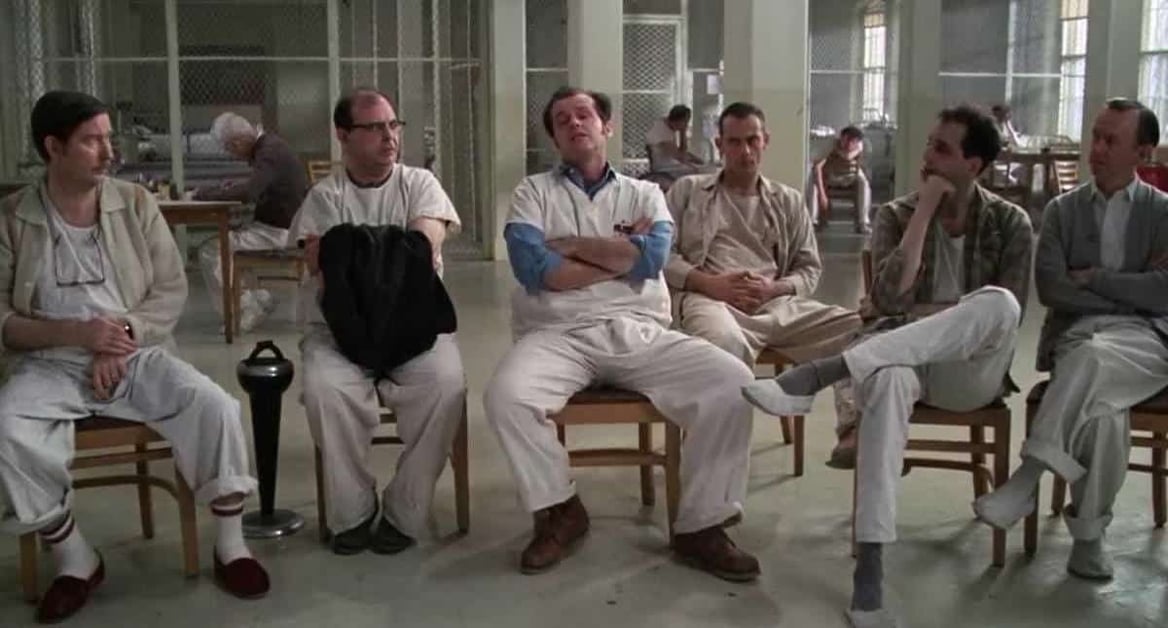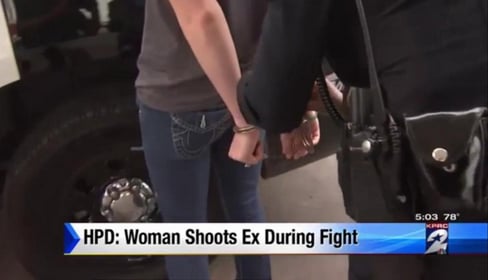READER: “Recently, I went through a really bad divorce and I’ve been struggling with deep depression. I’m worried that if I see a psychiatrist, the state can use that as grounds to take my guns. Is there a way to get help without risking my right to own guns?”
DISCLAIMER: I’m not an attorney. My advice is not to be construed as legal advice.
GH: The U.S. District Court for Western Pennsylvania ruled that the state does not have the right to take away a person’s right to legally possess and acquire firearms just because that person sought mental health treatment.
In a recent case, a Pennsylvania man sought mental health treatment that resulted in him staying in a hospital for 24 hours for mental evaluation. This stay, he claims, resulted in Pennsylvania unfairly restricting his right to purchase guns.
The case was taken before the U.S. District Court and the Judge ruled that the state had no basis to refuse that man the right to possess firearms.
The ramifications for his case are pretty wide.
A lot of gun owners may avoid mental health treatment because they’re worried about the state using that mental health treatment as justification to revoke the right to possess firearms.
This may even come up if the person in question has suicidal thoughts or ideation.
Voluntary Versus Involuntary Commitment
Even if you read the language in ATF Form 4473 — the form required for the legal transfer of firearms from an FFL to another person — the definition of commitment to a mental institution does not include voluntary commitment, and especially voluntary commitment for observation.
So if you decide to walk through the doors of a mental institution and commit yourself for observation, you are not putting yourself at risk of losing your right to possess guns.
Being involuntarily committed by the courts, however, does count.
So, if you go in on your own volition, you’re probably good. If you’re tossed in because you can’t be mentally competent enough to voluntarily submit yourself, you may lose your right to possess a firearm if the courts see fit to rule that your mental illness is so severe it may impact your ability to safely function.
That leaves a LOT of room for gun owners to seek mental health treatment without fear.
The big gray area is how mental health issues affect concealed carry applications and renewals. Depending upon the state database used by the issuing agency, your issuing authority may or may not be able to see your commitment to a mental health institution. This would likely only come up, again, if you were involuntarily committed.
So, to conclude this, the following mental health treatment options should not affect your ability to carry or possess guns:
- Voluntary commitment for observation
- Voluntary commitment for treatment
- Initial or ongoing outpatient mental health treatment
- Counseling
For the vast majority of people, commitment to a mental institute is not necessary. Even commitment for observation may only come up in times of extreme duress. No matter what, you should feel confident in getting the care you need without worrying about losing your rights as a gun owner.
Just because the U.S. District Court ruled in favor of the gun owner doesn’t mean that some state may not have some ridiculous code or law that uses mental health as a condition to claim or remove people’s firearms.
For instance, the state of Washington grants its law enforcement the conditions whereby they may confiscate a person’s firearms. Mental incompetency is a condition. However, the proof of mental incompetency must be determined prior to confiscation. With the aforementioned U.S. District Court decision, this should not be a problem for someone seeking voluntary help for mental health issues.













![[VIDEO] Glock 43 vs. Glock 42 Review](https://imagedelivery.net/sbm_lYeJbALkepJgtmRD5w/concealednation.org/2015/07/ScreenHunter_118-Jul.-17-10.52.jpg/w=728,h=381)
